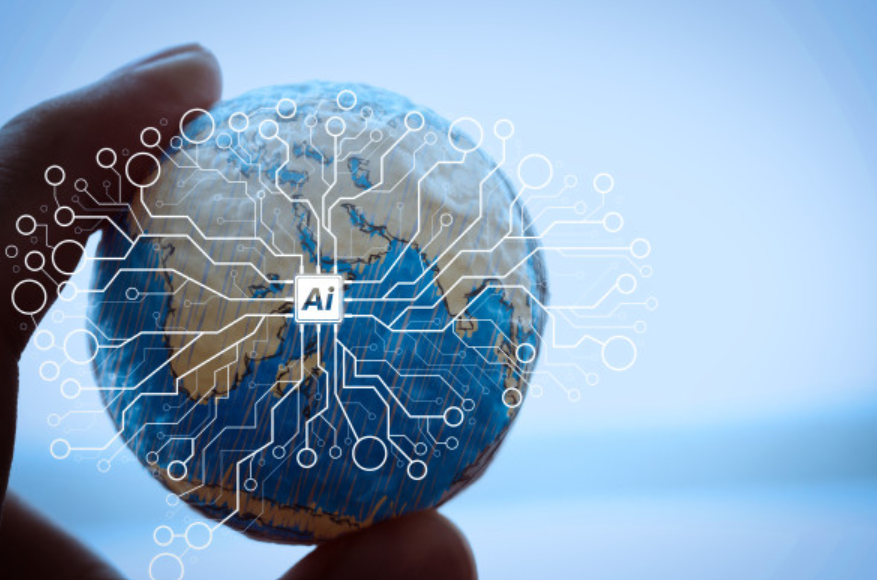Over the past few years, AI technology has made incredible progress, and some predictions suggest that AI could surpass human intelligence sooner than expected. This rapid development has caught the attention of global leaders, including Open AI CEO Sam Altman, who are concerned about the ethical and regulatory aspects of AI. As a result, there has been a lot of discussion and debate about the ethical implications of advanced AI systems.
In this article, we’ll take a closer look at the current state of AI development, the ethical and regulatory considerations surrounding AI, and the initiatives being taken by governments and organizations worldwide.
AI’s Potential Supremacy and Ethical Debates
Leading researchers in the field of AI, Geoffrey Hinton and Shane Legg, believe that AI will surpass human intelligence by 2028? While this may seem exciting, it also raises some important ethical concerns.
For instance, how much power should we give to machines? Will machines make biased or unfair decisions that could affect certain communities? Additionally, there is a concern about powerful machines outrunning human control and the potential impact on job security.
Government Initiatives and Policies
To address the ethical and regulatory implications of AI, governments and organizations have taken proactive measures. For instance, the White House has launched the Executive Order on “Safe, Secure, and Trustworthy Artificial Intelligence.” This initiative aims to promote the adoption of AI while also prioritizing safety.
As part of this order, AI companies are required to share their safety test results with the federal government. This ensures that AI technologies are not only transparent, but also reliable and error-free.
Global Principles and Declarations
G7 recently made an announcement about 11 non-binding AI principles. These principles are meant to guide responsible development and deployment of AI.
They focus on making sure that AI is centered around humans, inclusive, transparent, secure, and trustworthy. Oh, and did you hear about “The Bletchley Declaration“? It was another outcome of the UK AI Safety Summit, signed by representatives from 28 countries.
It highlights the risks associated with advanced AI systems. These declarations really stress the importance of global cooperation for ethical and responsible AI development.
The Urgency for Regulatory Frameworks
As AI technology continues to advance, it’s crucial to prioritize regulatory frameworks for AI globally. We need to find the right balance between promoting innovation and implementing ethical safeguards to ensure responsible development and deployment of AI. However, it can be challenging to strike this balance when regulations are ahead or behind technology.
Challenges in Balancing Innovation and Safeguards
The development of AI technology is always pushing the boundaries of ethics and regulations. It’s crucial to address the challenges in balancing innovation with safeguards. This includes impartial testing of AI systems, determining liability in case of errors or accidents, and establishing ethical codes for AI researchers, engineers, users, and administrators.
Grassroots Activism and Citizen Involvement
While government and organizational initiatives play a crucial role, it’s the grassroots activism and citizen involvement that truly propels ethical and regulatory progress. Citizen initiatives such as AI Now and the Partnership on AI are dedicated to establishing responsible practices for AI development and usage, empowering individuals to stay informed and shape AI policies.
Conclusion:
Growing concerns about AI’s ethical and regulatory implications are leading to global initiatives and declarations to promote responsible AI development and deployment. The urgency for regulatory frameworks is evident, and balancing innovation and safeguards is a significant challenge.
However, grassroots activism and citizen involvement will enable us to take proactive measures towards ethical AI that benefits society at large. By taking action now, we can ensure a future that is powered by AI, but also ethical, inclusive, and transparent.


